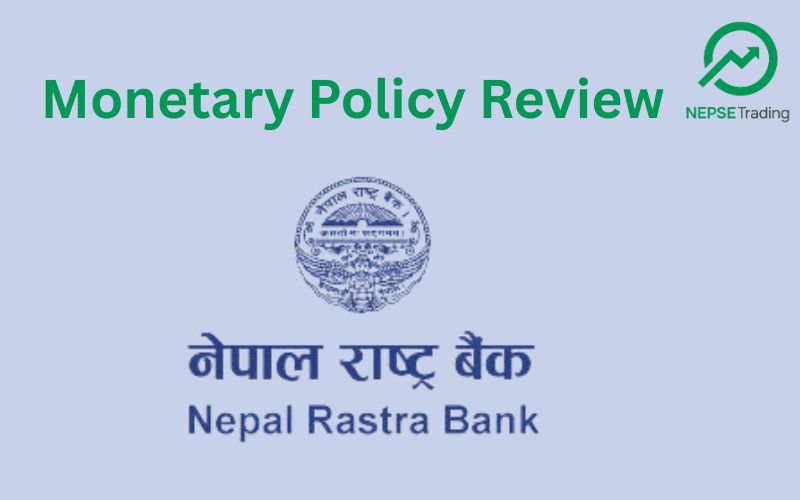By Sandeep Chaudhary
Crude Soybean Oil Becomes Nepal’s Second-Largest Import with Rs 21.6 Billion in Two Months

Nepal’s dependency on edible oil imports has deepened in the early months of FY 2025/26, with crude soybean oilemerging as the second-largest import commodity, according to the Nepal Rastra Bank (NRB) Mid-September 2025/26 report. In just two months, Nepal imported Rs. 21.64 billion worth of crude soybean oil, reflecting the growing domestic demand for refined cooking oil and the expanding capacity of local refining industries.
While petroleum products maintained their position as Nepal’s top import, amounting to Rs. 39.57 billion (13% share of total imports), crude soybean oil followed closely, contributing 7.1% of the total import value. The sharp rise in soybean oil imports — up significantly from Rs. 2.36 billion during the same period last fiscal year — highlights the country’s increasing reliance on imported raw materials for edible oil production.
This import surge is linked to Nepal’s re-export-oriented edible oil industry, which imports crude oil primarily from countries like Argentina, Brazil, and Malaysia for refining and subsequent export to India. The domestic refineries in the Terai region, particularly in Birgunj and Bhairahawa, have been major drivers of this growth. Despite the rise in import value, the industry remains a key contributor to Nepal’s export earnings, as refined soybean oil continues to top Nepal’s export list — recording Rs. 20.4 billion in exports during the same two-month period of FY 2025/26.
The data also points to a growing trade interdependency between Nepal and India, with the majority of refined oil exports directed southward. However, the high volume of crude oil imports contributes to the overall trade deficit, even as it supports Nepal’s industrial output and employment generation in the processing sector.
Economists note that while the edible oil trade has helped boost short-term export numbers, it underscores Nepal’s structural reliance on imported raw materials. They emphasize the need for diversification toward agro-based and value-added industries that can sustain export growth without inflating import costs.









